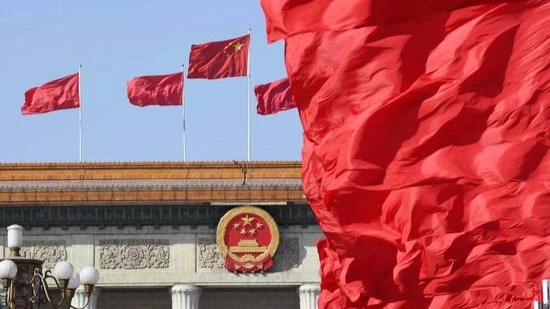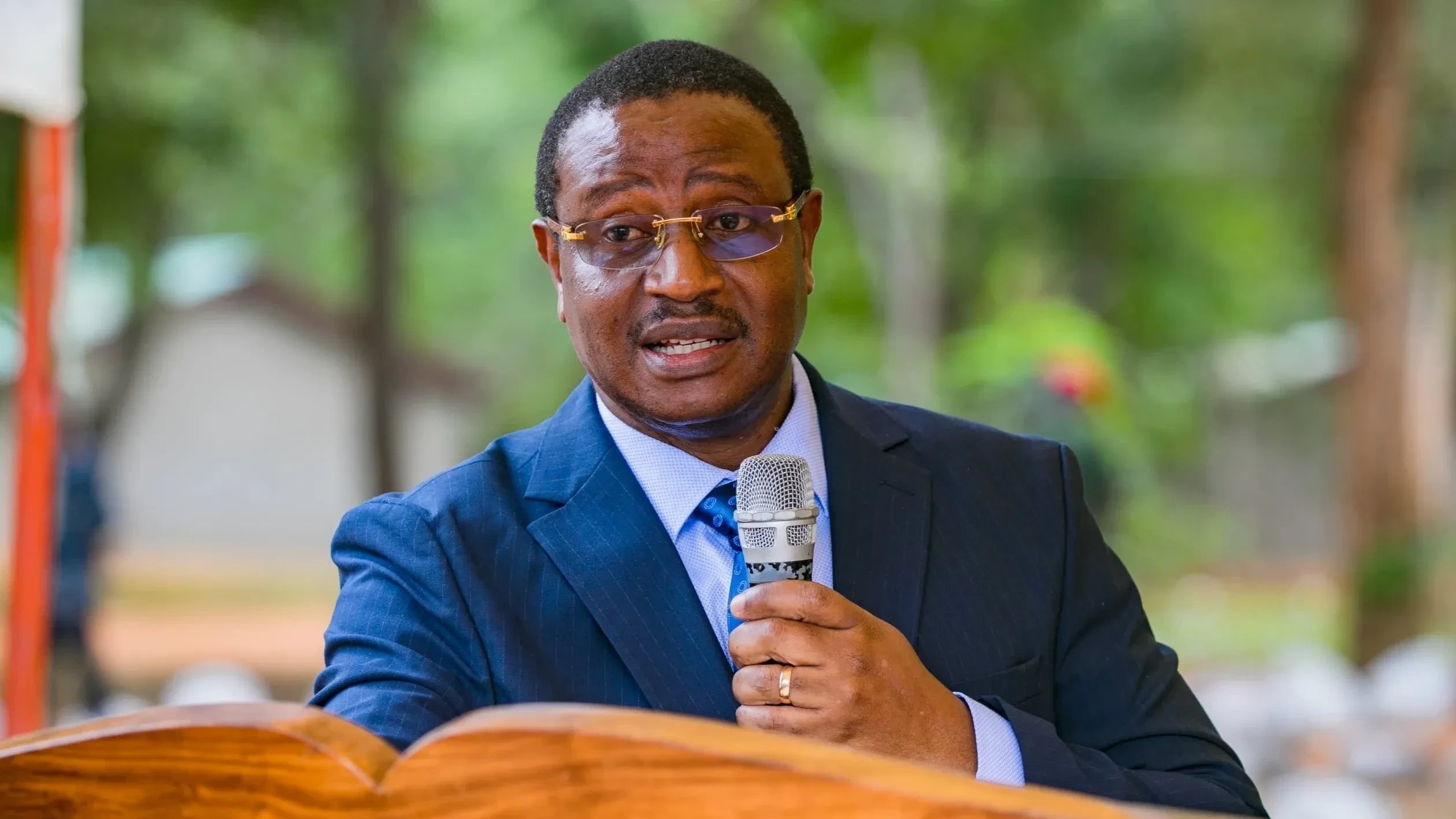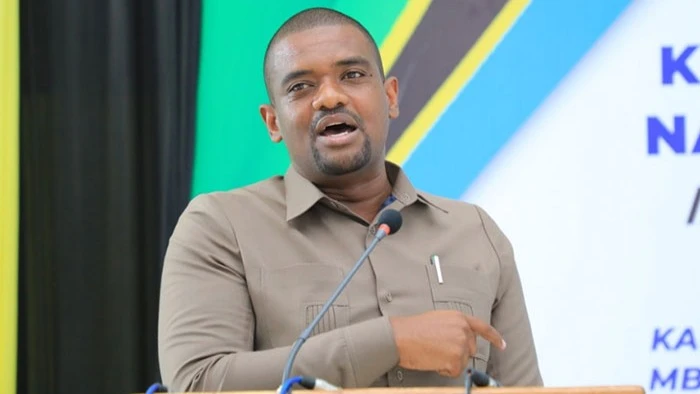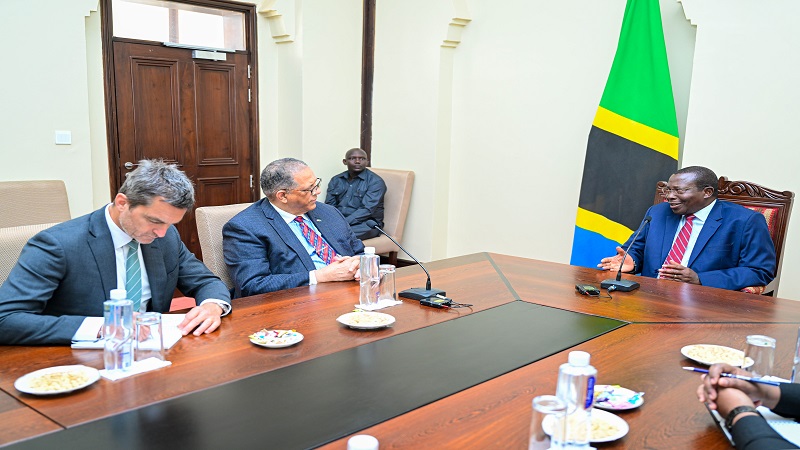Nigeria experts call for reforms in oil, gas

Experts and stakeholders in the oil and gas and policymakers have called for urgent reforms in Nigeria’s oil and gas sector to increase economic growth.
LAGOS
They made the at a one-day symposium themed “Nigeria Petroleum Industry: The Way Forward,” organised by Classmasters in collaboration with other partners.
The symposium focused on addressing the social, economic, and environmental challenges affecting the sector central to Nigeria’s economy for nearly seven decades.
Speaking to journalists at the sideline interview of the symposium, the Managing Director of Classmasters Limited, publishers of Development Agenda Magazine, Paddy Ezeala, called for collaboration and innovative solutions to tackle the oil and gas sector challenges.
He said, “We aim to ensure that all stakeholders understand the complexities of this industry and collaboratively create a path forward that meets global standards.
“This industry is vital to our economy and national identity. For decades, we have failed to harness its potential fully. There is an urgent need for reforms and a unified strategy.
“The Petroleum Industry Act (PIA) was a significant topic of discussion. Attendees advocated for amendments to address the diverse interests of stakeholders, including environmentalists, host communities, local operators, and international firms.
“No document is flawless, but this symposium aims to generate actionable recommendations to drive meaningful progress.”
Ezeala explained the event’s distinctiveness and strong support from key industry players, including NNPC Limited (NNPCL).
“Unlike previous gatherings, the outcomes of this symposium will not be ignored. As an environmentalist, I strongly advocate for mandatory environmental responsibility from all oil companies,” he added.
Participants expressed optimism about producing a comprehensive and actionable document to address critical issues such as energy transition, environmental sustainability, and socioeconomic challenges in the oil and gas industry.
For his part, Dr Oshita Oshita, the Executive Director of the Ubuntu Centre for Africa Peacebuilding and Development (UCAP), highlighted the growing security challenges in oil-producing areas.
“The Niger Delta faces evolving security threats that are deeply tied to the dynamics of oil production. Many underlying factors do not make it to the public domain but significantly impact the security landscape,” he remarked.
Oshita also underscored the link between Nigeria’s dependence on oil, often called the “Dutch disease,” and the neglect of oil-bearing communities. “The Niger Delta, despite being the source of the country’s oil wealth, remains one of the most underdeveloped areas. The people of this region see little to no benefit from the resources extracted from their land, fueling resentment and security crises. As long as these grievances persist, the challenges will remain.”
He argued that implementing the Petroleum Industry Act (PIA) presents a unique opportunity to address these issues.
“The PIA offers several opportunities that can be leveraged to transform oil-bearing communities and surrounding businesses. While the Act has its challenges, its potential to create a more equitable and sustainable industry cannot be overstated,” he said.
Oshita’s paper highlights the often-overlooked aspects of oil production, which significantly impact the security landscape.
He attributes the country’s struggles to the “Dutch disease,” which has led to an over-reliance on oil, neglecting other sectors of the economy.
A major concern is the lack of benefits for communities in oil-producing areas. This has led to ongoing security challenges, as people fight for their land and resources. Oshita proposes that Nigeria can overcome these challenges by leveraging opportunities presented by the Petroleum Industry Act (PIA).
Despite criticisms that Nigeria is not in control of its petroleum industry, Oshita believes that following the PIA’s guidelines can help the country regain control.
He stressed the need for stakeholders to focus on getting the benefits of the PIA, which can positively impact communities, oil-bearing communities, and surrounding businesses.
Top Headlines
© 2025 IPPMEDIA.COM. ALL RIGHTS RESERVED

























